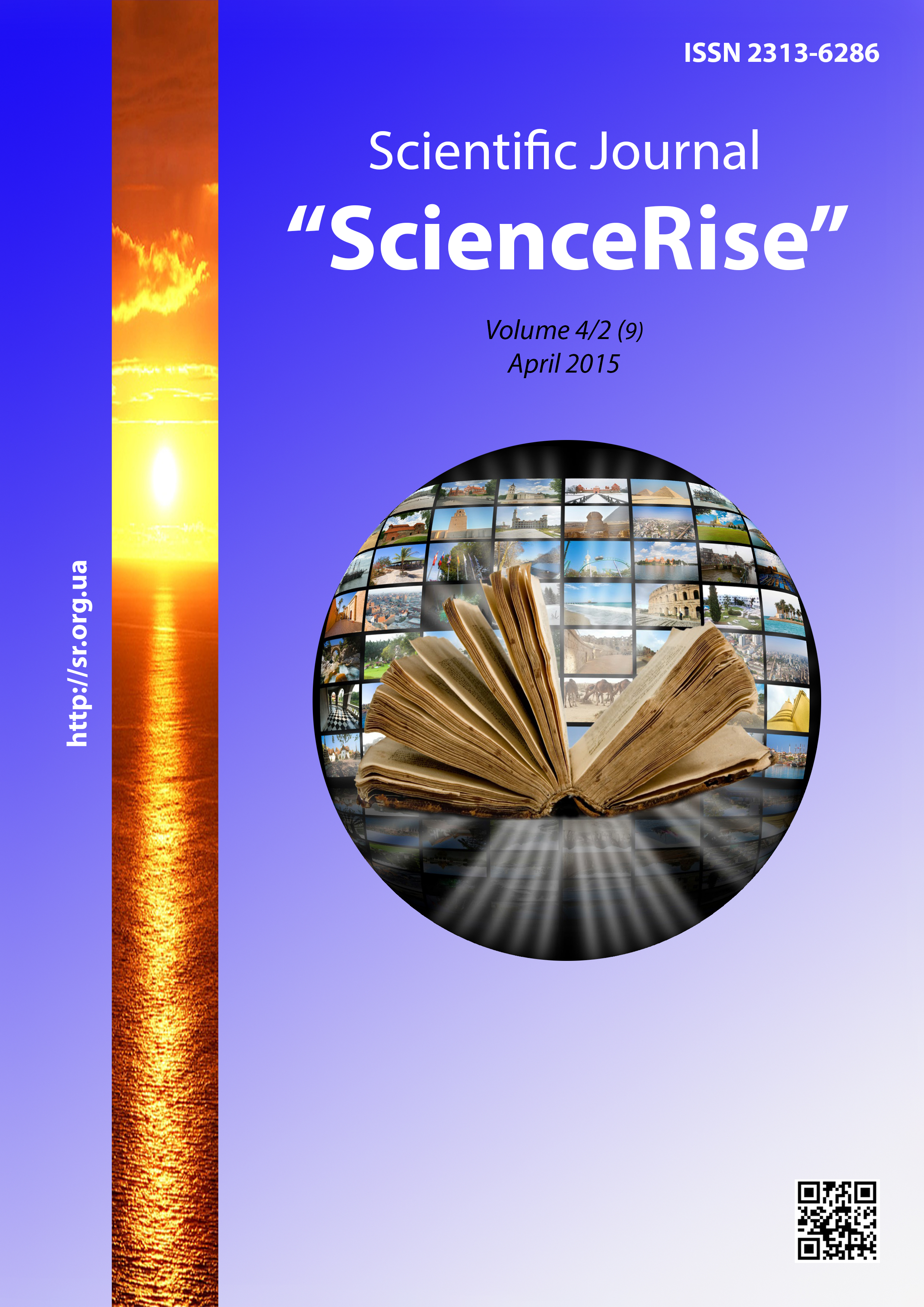Methodology and quality estimation models of software of information systems
DOI:
https://doi.org/10.15587/2313-8416.2015.40224Keywords:
software, reliability, quality, qualimetry, quality indexAbstract
The problem of quality estimation of the difficult program systems is considered. The basic models of estimation of quality and reliability of software are investigated, and also the analysis of advantages and disadvantages of existent models is conducted. With the purpose of development of the single methodological approach to the evaluation of software quality and efficiency of its application it is offered to apply the substantive provisions of qualimetry. Some quantitative and qualiative models of estimation of quality software are offered
References
Mayers, G. (1980). Reliability of software. Moscow: Мir, 315.
Holsted, M. H. (2015). Science beginnings about the programs. Available at: library.univ.kiev.ua›ukr/elcat/new/detail.php3/
Model of Dzelinsky-Morandi (2015). Available at: studopedia.net›10…model-dzhelinskogo-morandi.html/
Models of reliability of the programmatic and informative providing (2015). Available at: refdb.ru›look/2279745-pall.html/
Model of Mills (2015). Available at: infosys.hop.ru›18.html
Descriptions of quality of software (2015). Available at: ibtrans.ru›Estimating methods/
Problems of quality of software and practical recommendations (2015). Available at: http://www.interface.ru/home.asp?artId=35896/
Formalization theory of measurings (2015). Available at: lib.uni-dubna.ru›search/files/soc_t/
Downloads
Published
Issue
Section
License
Copyright (c) 2015 Ярослав Сергеевич Елецкий

This work is licensed under a Creative Commons Attribution 4.0 International License.
Our journal abides by the Creative Commons CC BY copyright rights and permissions for open access journals.
Authors, who are published in this journal, agree to the following conditions:
1. The authors reserve the right to authorship of the work and pass the first publication right of this work to the journal under the terms of a Creative Commons CC BY, which allows others to freely distribute the published research with the obligatory reference to the authors of the original work and the first publication of the work in this journal.
2. The authors have the right to conclude separate supplement agreements that relate to non-exclusive work distribution in the form in which it has been published by the journal (for example, to upload the work to the online storage of the journal or publish it as part of a monograph), provided that the reference to the first publication of the work in this journal is included.

